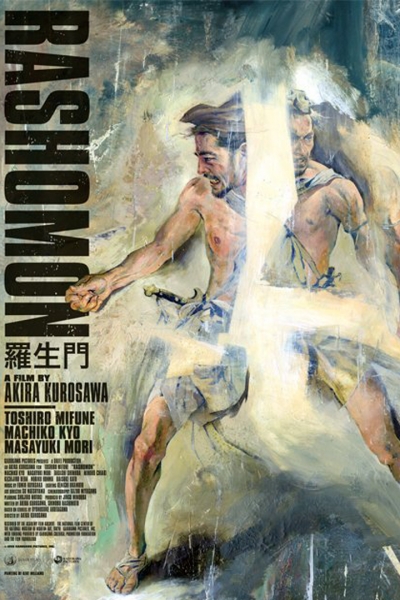Director Biography
After training as a painter (he storyboards his films as full-scale paintings), Kurosawa entered the film industry in 1936 as an assistant director, eventually making his directorial debut with Sanshiro Sugata (1943). Drunken Angel (1948) was the first film he made without extensive studio interference with Toshirô Mifune. After which the two made 16 movies together, and Mifune became as closely associated with Kurosawa's films. After working in a wide range of genres, Kurosawa made his international breakthrough film Rashomon (1950) which won the top prize at the Venice Film Festival. Kurosawa's films have always been more popular in the West than in his native Japan, where critics have viewed his adaptations of Western genres and authors.

